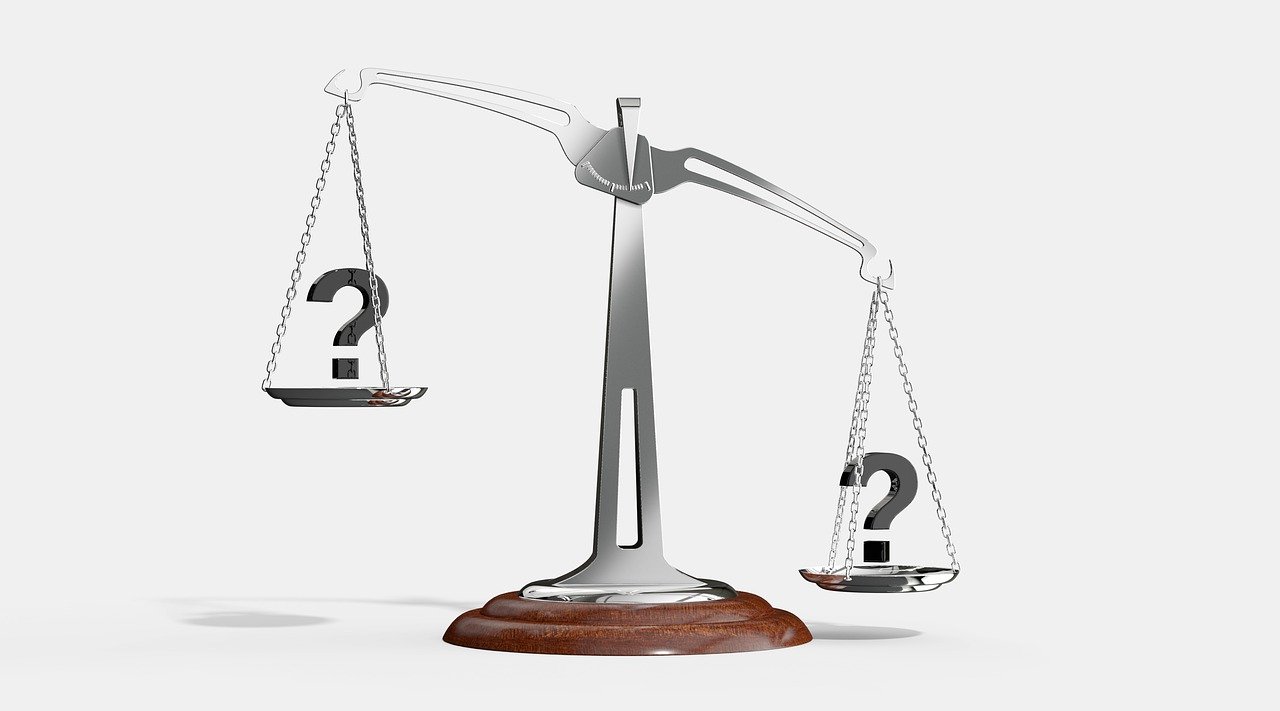There’s no denying that BigCommerce and Shopify have both earned their places at the top of the ecommerce pack. But once you’ve narrowed it down to these powerful platforms, it can be hard to tell which will be the best fit for your online store.
BigCommerce & Shopify- An Overview
BigCommerce and Shopify are online store builders that allow you sell physical or digital products.
It mainly aims at people who are starting a business without a large budget and particularly want to take a ‘do-it-yourself’ approach to build an online store. BigCommerce and Shopify both are ‘software as a service’ (SaaS) tools. This means that there is an ongoing cost to use them — you pay a monthly or annual fee for access to the software.
Both BigCommerce and Shopify are run in a web browser which means they do not need a software to be installed on your computer. You can manage your store from anywhere, so long as you have an internet connection. The main advantage with both these tools is that you can use them to build an online store without needing to code anything. You pick a template from the range provided, upload your products, set your prices and you are good to go.
In this post, we’re going to compare BigCommerce vs Shopify and highlight their key difference to help make your decision a little easier.
BigCommerce Vs Shopify- A Quick Comparison
| BigCommerce Pros | Shopify Pros |
| · Rich Built-in features
· High loading speed · Ease of use · High customizability · Lots of solid SEO features
|
· Excellent e-commerce features
· Various free and paid services · Easy to use · Excellent support |
| BigCommerce Cons | Shopify Cons |
| · Extra fees for high-volume store
· Difficult for beginners to use · Not easy to create Multi-lingual stores |
· Less customizability
· Less scalability · Heavily relies on apps and plugins · Not really good for SEO
|
Taking a Closer Look at BigCommerce and Shopify
1.Pricing
While BigCommerce offers 4 pricing plans, a 10% discount is offered on the ‘Plus’ and ‘Pro’ plans if you pay upfront for a year, and a15-day free trial is also available
•BigCommerce Standard: $29.95 per month
•BigCommerce Plus: $79.95 per month
•BigCommerce Pro: $299.95 per month
•BigCommerce Enterprise: varies depending on requirements
Shopify offers 5 pricing plans, a 10% discount is provided on the above fees if you pay upfront for a year, and 20% if you pay upfront for 2 years. Like BigCommerce, Shopify also offers a free trial, which lasts for 14 days.
•Lite: $9 per month
•Basic Shopify: $29 per month
•Shopify: $79 per month
•Advanced Shopify: $299 per month
•Shopify Plus: pricing varies depending on requirements
2. Ease of Use
BigCommerce is less ideal for beginners due to its use of various technical terms. You may need to search for some of the specific terms to understand all the terminologies every time performing basic tasks such as adding a product. The technical load makes BigCommerce a heavier platform to deal with.
Shopify scores higher in terms of ease of use than BigCommerce. You don’t need to be a Shopify expert to set up a shop and anyone can easily launch an online retail store within a matter of minutes.
3. Designs
BigCommerce and Shopify both have an extensive range of modern, responsive and customizable design themes including free ones, in various categories. Premium themes can cost up to $180 with Shopify and $235 with BigCommerce.
If it’s a free theme you’re after, there’s no real difference between BigCommerce and Shopify. If you go for a premium theme, expect to pay more with BigCommerce.
4. Gift Cards and Discount Pricing
There will probably be a time when you will want to consider offering gift cards, special discounts or adding tiered pricing, for example. BigCommerce offers all of these things built-in. With Shopify, once again, as with many features, you’ll need an app.
5. Transaction Fees
Transaction fees are the percentage of revenue that a website builder takes from each sale you make. You’ll be happy to know that BigCommerce has no transaction fees on any of its plans. Shopify, on the other hand, charges between 2% and 0.5%, depending on the pricing plan you choose. The only way to avoid Shopify’s transaction fees is to use Shopify Payments (as opposed to third-party payment processors like PayPal).
6. Advanced Search Feature
If you are planning on scaling your inventory and selling hundreds of products, BigCommerce has an advanced site search feature built-in as standard which Shopify does not. In other words, shoppers will find it easy to search for specific products if your site is built with BigCommerce. They may find it trickier with Shopify – but this is why Shopify is more suited to smaller businesses.
7. Apps
You’ve already heard a lot about ‘apps’ being required on Shopify. That’s because apps are the primary way to get extra functionality into your Shopify store. Shopify offers over 2000 apps and integrations compared to BigCommerce’s 500+, but BigCommerce doesn’t rely so much on the requirement for apps, instead having lots of features already built-in.
8. Payment gateways
A payment gateway is basically the software that accepts credit card payments and allows you to sell products from your online store.
Shopify and BigCommerce both allow you to connect an extensive range of payment gateways to your store: the number available varies by country, but you’ll find that both platforms support the major ones — like Worldpay, Quickbooks, Paypal, 2Checkout etc. Shopify offers more however: 100+ to BigCommerce’s 40 or so.
In Conclusion
Both BigCommerce and Shopify are excellent site builders and online managers and there’s a lot of overlap between the two. Overall, when comparing BigCommerce vs Shopify, it’s hard to pick a clear winner. Finally, there are clearly some differences between the platforms that can help you differentiate between the two when you’re choosing which one to go with.
In conclusion, the decision lies in your hands. We at Agilis World Inc. hope this article has given you enough information to help you choose the best platform that can cater to your business in the best ways.







Leave A Comment